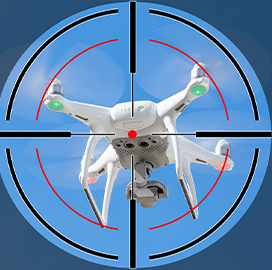
AI training
DARPA Grants UCF Researchers Funding to Better Train Robots, Other Autonomous Systems
Two University of Central Florida researchers have received a $1.2 million grant from the Defense Advanced Research Projects Agency to address the so-called “simulation-to-real gap.”
Announced on Monday, George Atia and Yue Wang’s “Distributionally Robust Approaches to Transfer Learning” project will see the two experts work over the next 18 months to create artificial intelligence-powered solutions that will enable self-driving automobiles, unmanned aircraft and other autonomous systems to better respond to unknown variables.
Apart from being used in defense applications, solutions from the initiative could also benefit other industries, including medical care delivery, UCF said.
According to the university, the effort is expected to experience several roadblocks, including changes in flight dynamics and speed.
Atia said the research effort aims to integrate the special abilities of robots and other autonomous systems to improve their capability to respond to surprises, including in scenarios with limited real-world data.
DARPA has been leading the Department of Defense’s efforts to identify potential AI technologies in and out of the battlefield. The Air Combat Evaluation Initiative is one of the AI-focused projects at the DOD. It aims to improve warfighters’ trust in the technology using a challenge problem based on human-machine collaborative dogfighting.

Category: Future Trends




